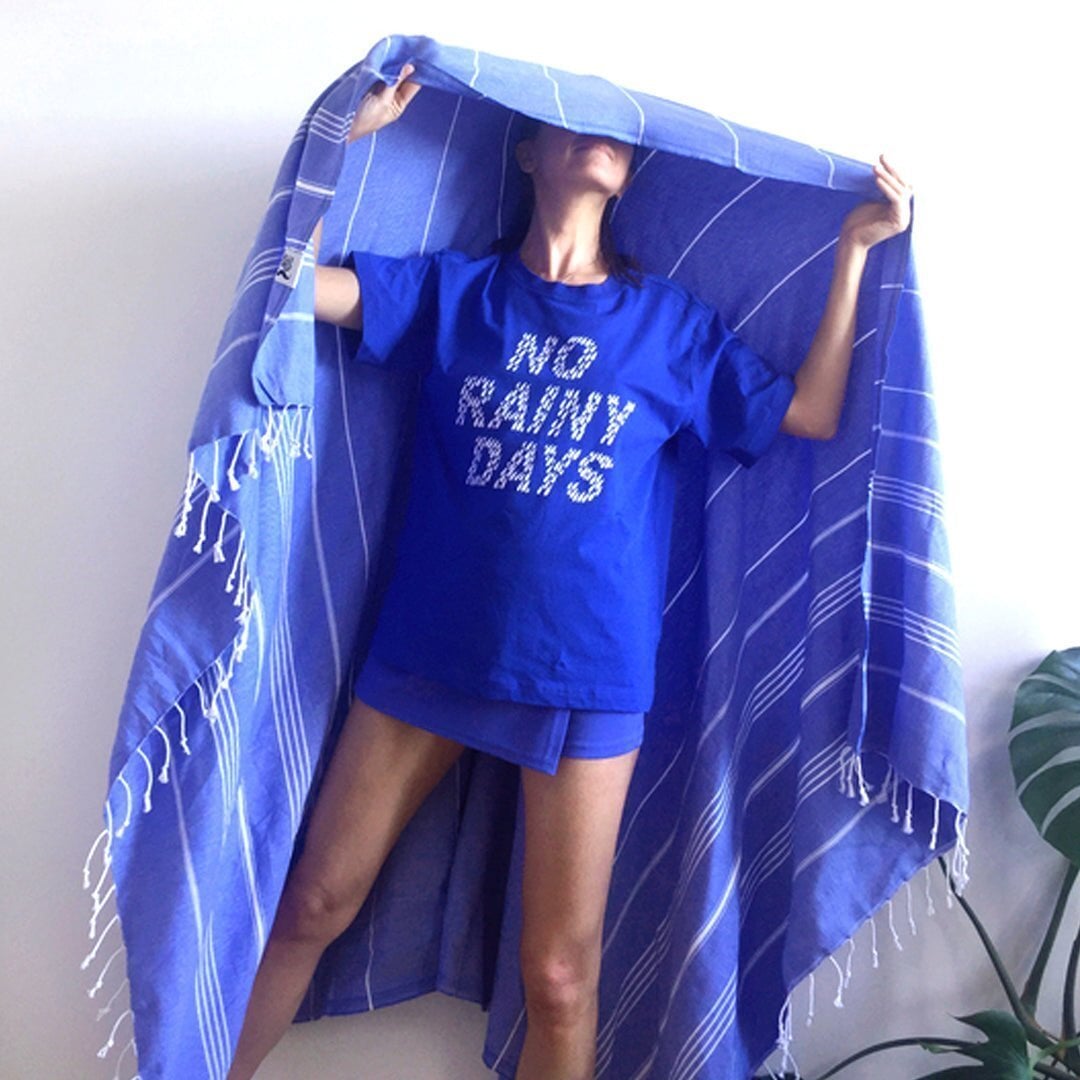
The Fascinating History Behind Turkish Towels
When you think of a luxurious and versatile towel, one that is perfect for both the beach and the bathroom, you may envision the exquisite Turkish towel. These towels, also known as Peshtemal or Hammam towels, have a rich history that spans centuries. Let’s take a journey back in time and discover the intriguing origins of Turkish towels.
The Birth of Turkish Towels
The roots of Turkish towels can be traced back to the ancient city of Bursa, Turkey, during the 17th century. Skilled weavers in this region used locally grown cotton to create towels that were not only absorbent but also exceptionally soft and lightweight.
At that time, Turkish towels were primarily used in Turkish baths, known as Hammams, which were a central part of public bathing culture in the Ottoman Empire. These towels were cherished for their absorbency, quick-drying nature, and ability to exfoliate the skin.
Craftsmanship and Techniques
Traditional Turkish towels are hand-loomed by artisans using a technique that has been passed down through generations. These skilled craftsmen meticulously weave the towels, creating intricate patterns and designs that are not only aesthetically pleasing but also add extra absorbency to the fabric.
One of the unique features of Turkish towels is the flat-woven, lightweight nature of the fabric. Unlike terry cloth towels, Turkish towels consist of smoother, flatter fibers. This not only makes them incredibly soft but also allows them to fold up compactly, making them ideal for travel and outdoor activities.
A Symbol of Status and Wealth
In ancient times, Turkish towels were not just functional items but also status symbols. Beautifully adorned with intricate patterns and vibrant colors, Turkish towels were often used as decorative pieces in wealthy households.
The intricate designs and color combinations found in Turkish towels were a reflection of the weaver’s creativity and artistry. The complexity of the designs often indicated the weaver's skill level, making these towels highly sought after by collectors and art enthusiasts.
Global Recognition
As the Ottoman Empire expanded its influence across Europe, Turkish towels began to capture the attention of travelers and traders alike. The unique characteristics of these towels, such as their lightweight and quick-drying nature, made them highly desirable commodities.
Soon, Turkish towels gained popularity outside of Turkey and became known as a luxury item across Europe. They were frequently used in spas, saunas, and baths in various countries, including France, Italy, and Portugal.
Turkish Towels in Modern Times
In recent years, Turkish towels have experienced a resurgence in popularity. The combination of their rich history, cultural significance, and practicality has made them a staple in many homes worldwide.
Whether you're lounging on a sandy beach or wrapping yourself in one after a relaxing bath, Turkish towels are known for their versatility. These towels have become a fashion statement, often seen in trendy beach clubs and boutique hotels.
Why Choose Turkish Towels?
There are numerous reasons why Turkish towels have become increasingly popular among savvy shoppers:
1. Versatility
Turkish towels are not just limited to the beach or bathroom. They can also be used as a sarong, a shawl, a tablecloth, or a throw, making them a versatile and multi-functional accessory.
2. Absorbency
Despite their flat-woven nature, Turkish towels are highly absorbent and can soak up moisture quickly. They are known for their excellent drying capabilities, making them practical for everyday use.
3. Quick Drying
The lightweight and open nature of Turkish towels allow air to circulate through the fabric, enabling them to dry much faster than traditional towels. This feature also makes them resistant to musty odors.
4. Compact and Travel-friendly
Due to their thin and lightweight construction, Turkish towels take up minimal space in your bag or suitcase. They are perfect for travel, whether you're going on a beach vacation or backpacking through the mountains.
5. Eco-Friendly
Turkish towels are typically made from 100% natural fibers, such as cotton and linen. They are free from harmful chemicals and synthetic materials, making them an eco-friendly choice for conscious consumers.
In Conclusion
The history of Turkish towels is both intriguing and captivating. From their humble beginnings in ancient Bursa to their global recognition today, these towels continue to capture the hearts of people worldwide.
Whether you're seeking a luxurious touch to your bathroom or a stylish accessory for your beach outings, Turkish towels offer a perfect blend of history, craftsmanship, and practicality. Embrace the tradition and experience the elegance of Turkish towels in your everyday life.
